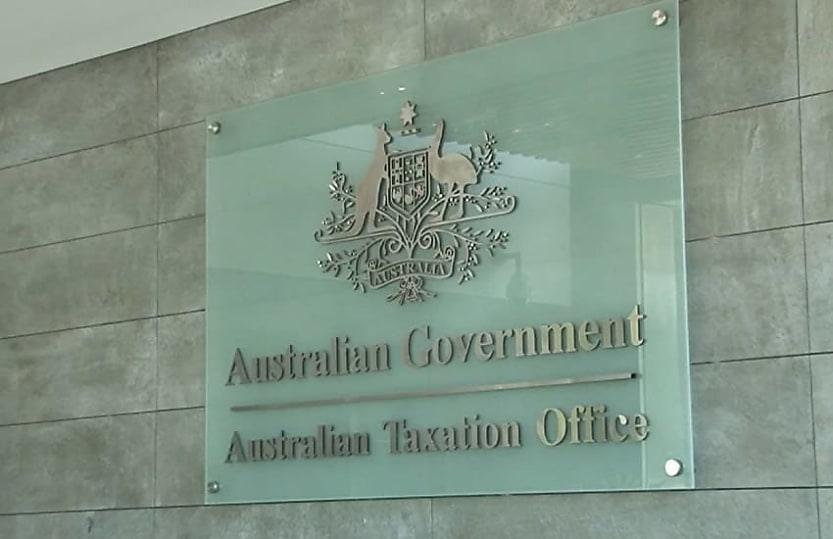Tax Office shares EOFY tips for Top 500 private groups

The ATO has stressed the importance of Top 500 groups getting governance, reporting and lodgment right.
The Tax Office has addressed some basics that Top 500 groups should focus on getting right as the end of the financial year approaches.
In a recent update, the ATO warned that this is essential for avoiding unexpected liabilities and maintaining and sustaining justified trust.
“Our data shows you can avoid common errors by having effective, consistent governance procedures in place before the end of the financial year, and during tax return preparation and lodgment,” it said.
The ATO said a best practice tip for Top 500 groups and their advisers is to create and stick to a lodgment and payment calendar to ensure that obligations and due dates are identified and actioned on time.
Clients and their advisers should also review the roles and responsibilities of everyone involved in reporting obligations and EOFY accounts so that everyone knows their responsibilities, it added.
“They should also identify dates for managing compliance of specific tax issues, such as ensuring that trust resolutions are signed by 30 June and minimum yearly repayments are made on Division 7A loans from previous years,” the ATO said.
“They should also engage an external auditor to verify amounts reported in the financial statements you use as the basis for preparing tax returns.”
The ATO previously advised that to ensure there is accountable management and oversight over the tax and accounting functions of Top 500 groups, the roles and responsibilities of external advisers should be clearly defined.
“The role of your advisors should be documented in an overarching advisor engagement letter, or in engagement specific agreement that sets the scope of work for the engagement, including:
- A list of entities that are in scope.
- Deliverables to be produced by the tax agent or advisor which may include a list of lodgments to be prepared or reviewed annually, the occurrence of pre-lodgment closure meetings, the provision of transmittal letters, and periodic catchups.
- A list of financial or other information to be provided by you that will be relied upon by the agent or advisor in the conduct of their work.
- Tax issues that are in scope for advisor review, as referenced to a list of tax issues, materiality thresholds, or both.
- Specific focus areas where required for items that might present a higher risk of incorrect reporting.”
Top 500 groups also need evidence that policy, processes and procedures are operating effectively, it said.
In practice, the Tax Office said testing the operational effectiveness of processes and procedures that fall under the accountable management and oversight principle can be demonstrated by reference to written evidence such as:
- Lodgments and payments per the portal or receipts have occurred in accordance with your group’s lodgment and payments calendar.
- Steps taken to undertake the preparation of returns can be seen through emails as having occurred in accordance with the return project management procedures.
- Emails or meeting minutes showing communications between functionaries and the responsible persons identified in your ‘Roles and Responsibilities’ procedures concerning escalation, review and sign-off.
- Records of agendas, pre-lodgment meetings and information exchanges with your group’s advisors etc, have been retained and show alignment with the scope of work and responsibilities under the most recent tax return-specific lodgment engagement.






